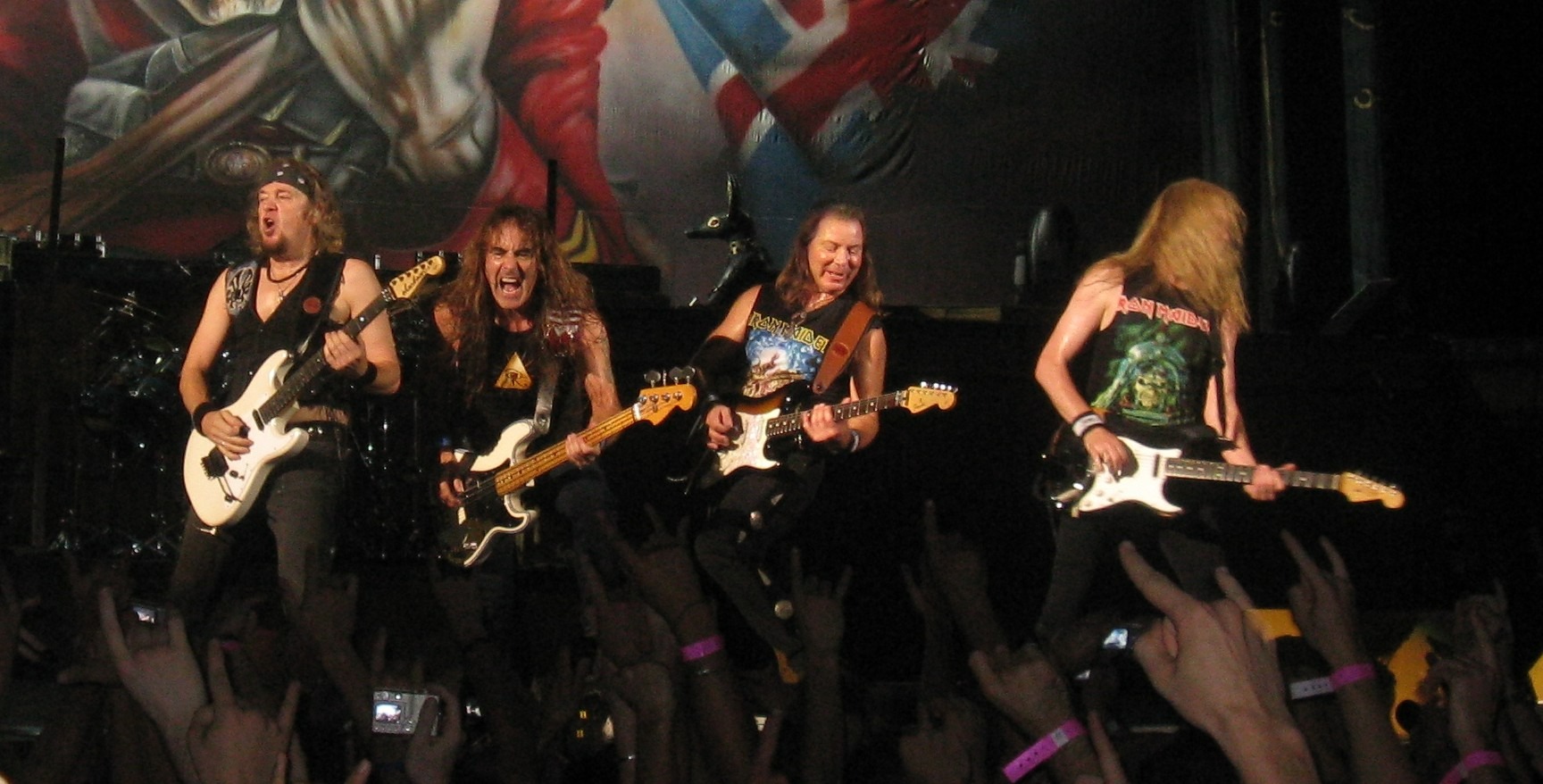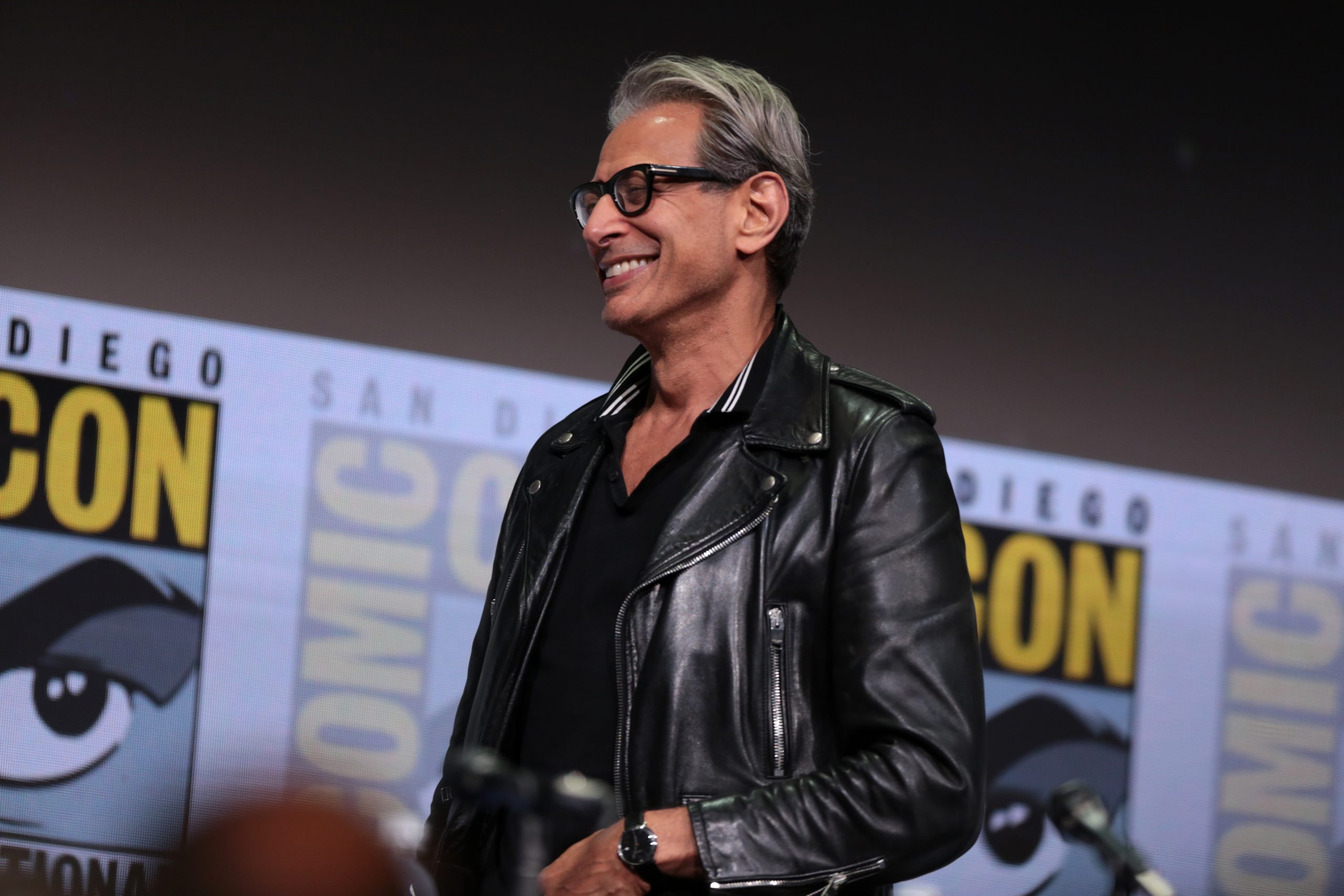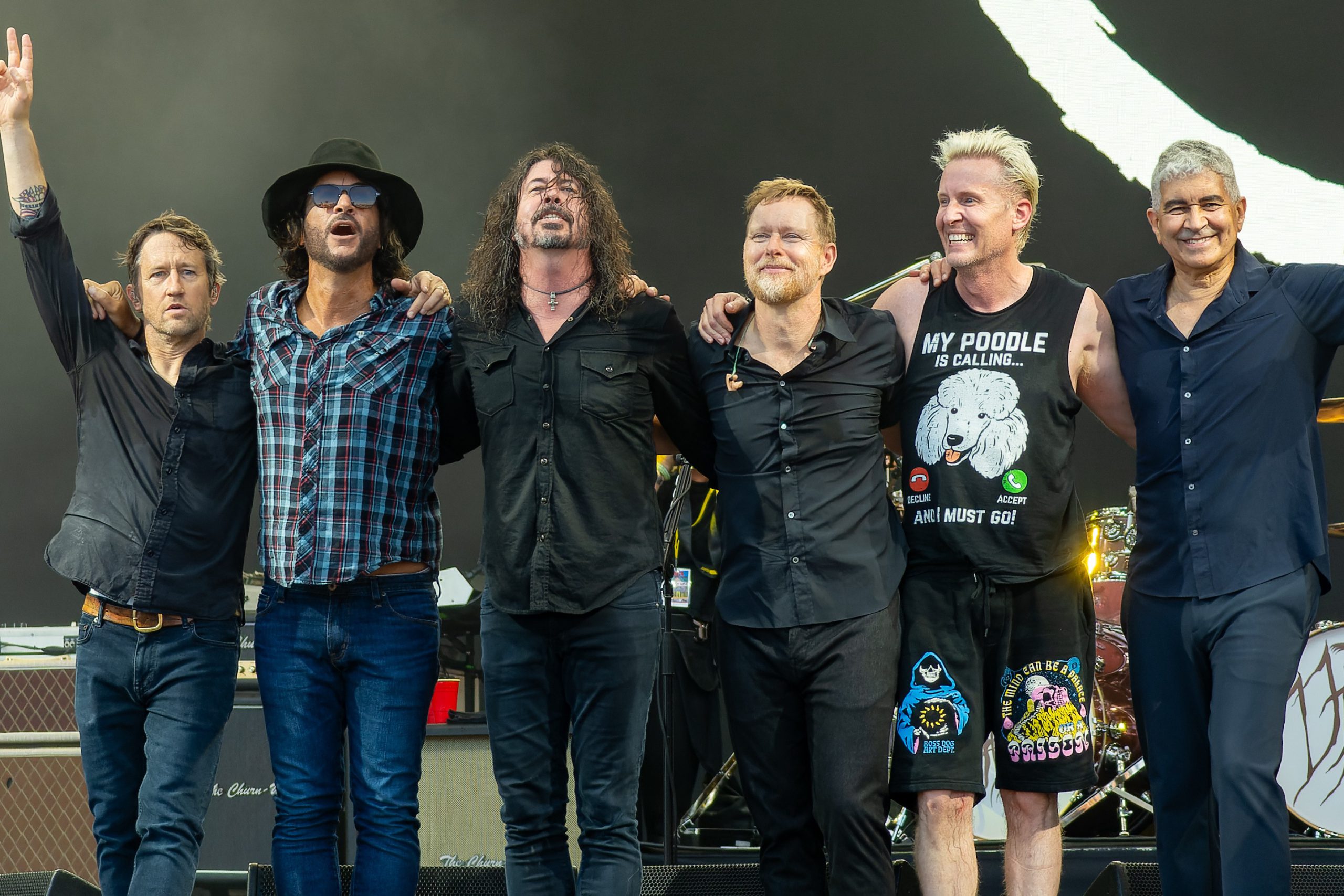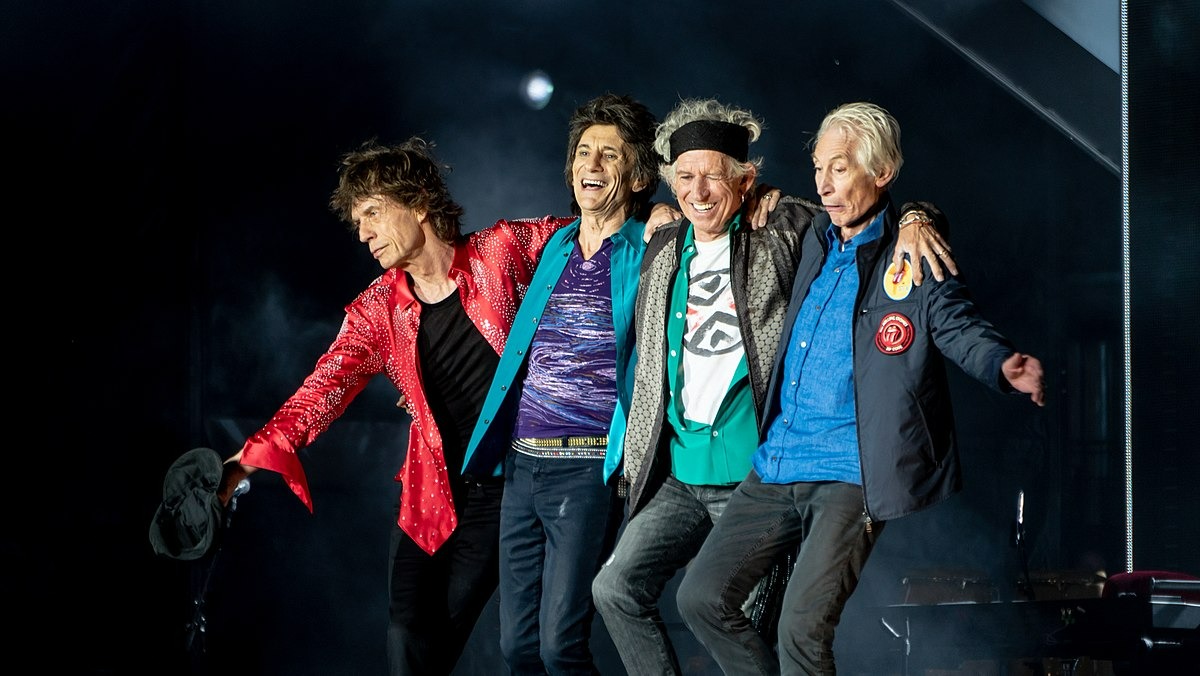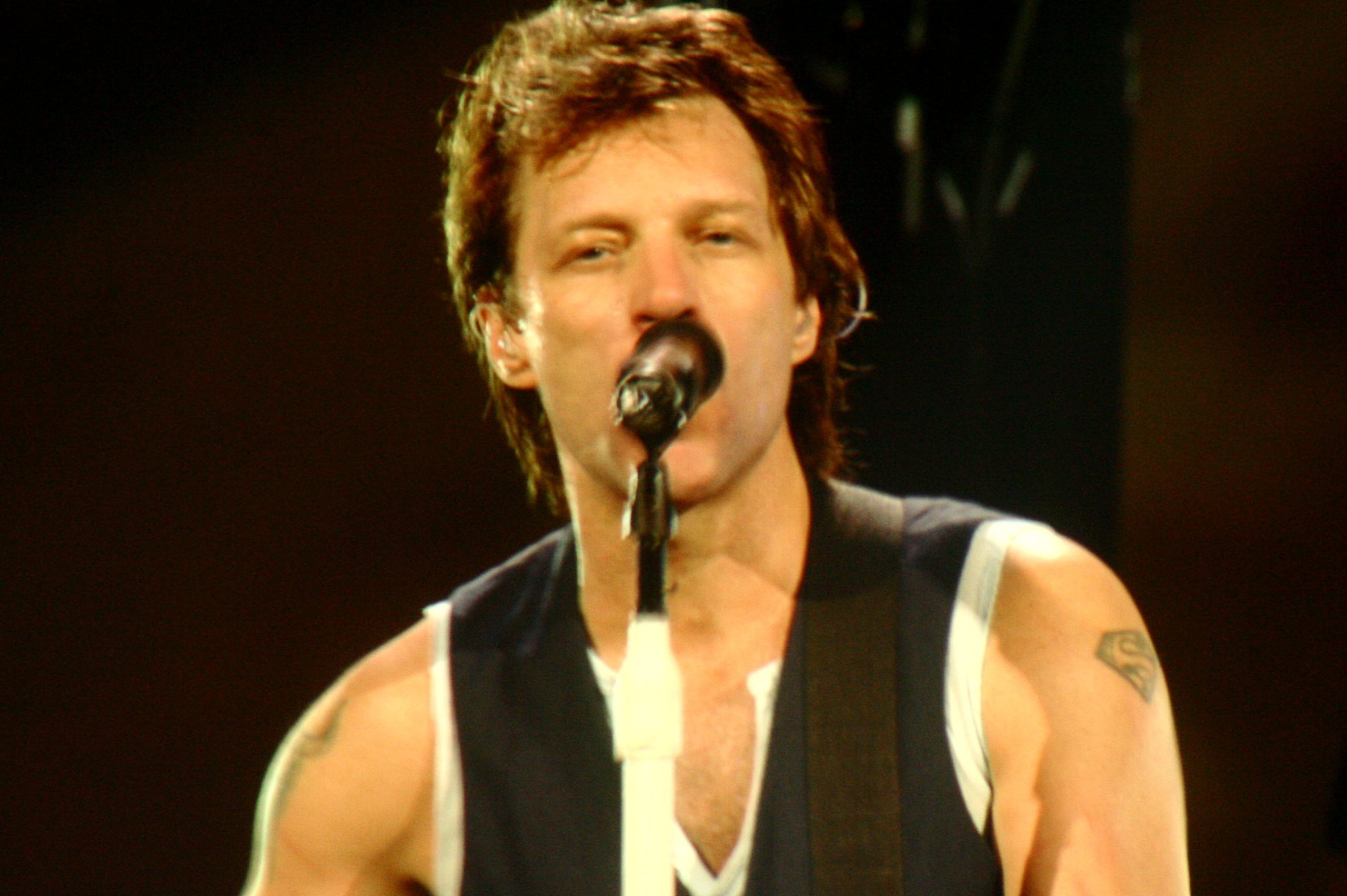Before Bruce Dickinson‘s air raid siren wails or Paul Di’Anno’s punk snarl, Iron Maiden’s sound began with Paul Mario Day’s voice. The original frontman who helped birth one of metal’s most iconic bands died July 29 at his home in Australia, aged 69, after battling cancer. While his tenure lasted barely a year, Day’s foundational role in shaping Iron Maiden’s earliest DNA deserves recognition beyond the footnotes of metal history.
The Foundation Years
Day fronted Iron Maiden from December 1975 to October 1976, during those crucial months when Steve Harris was still figuring out what his band could become. His dismissal for perceived lack of stage charisma might seem harsh, but it set Iron Maiden on the path toward global domination with more dynamic frontmen. Day’s brief chapter proved that sometimes the most important contributions happen before anyone’s paying attention.
- Founded More after Iron Maiden, recording the influential NWOBHM album Warhead
- Delivered memorable performance at 1981 Monsters of Rock festival at Castle Donington
- Continued with bands Wildfire and Sweet through the 1980s
- Relocated to Australia in 1986, performed with local acts for decades
- Participated in 2019 Iron Maiden reunion concert with original 1975 lineup
Day’s real artistic flowering came with More, where his vocals powered Warhead—a genuine NWOBHM classic that showcased what Iron Maiden lost when they prioritized showmanship over his raw talent. The band described his “fantastic performance” on that album as crucial to NWOBHM history, and they weren’t exaggerating. More’s 1981 Monsters of Rock appearance proved Day belonged on metal’s biggest stages, even if Iron Maiden had moved on without him.
His Australian chapter demonstrated something admirable: genuine love for music over fame. Day kept performing with local bands like Defaced and Crimzon Lake, proving that passion for heavy music outlasts any single career moment.
Iron Maiden’s tribute called Day “a lovely person and good mate,” acknowledging the man who helped launch their empire. Sometimes the most important voices are the ones that sing first, not loudest.


